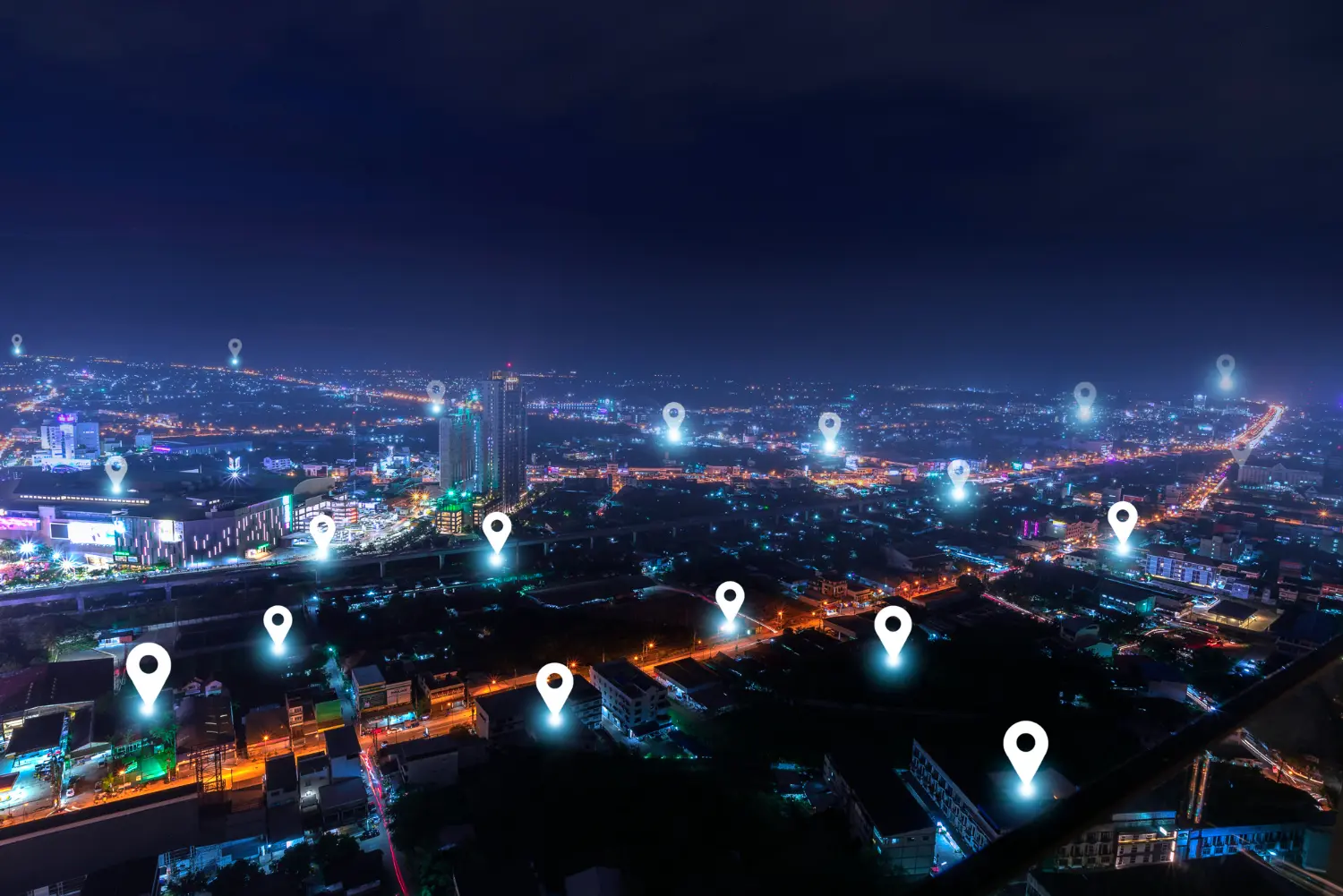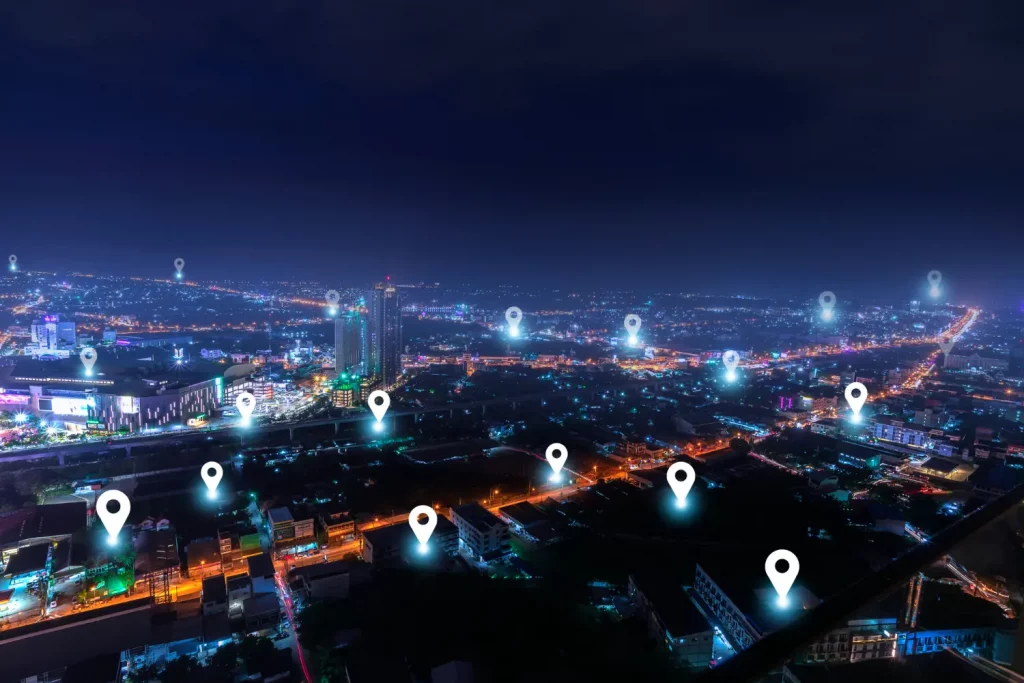
We are experiencing an exciting time of transformation in Marbella. The number of visitors continues to grow and new international brands offering exclusive services are rapidly emerging because of high demand.
To retain Marbella’s status as a luxury destination, we must continue to embrace new models of sustainable urban living based on smart technologies, infrastructure and governance. Through further initiatives to enhance Marbella’s efficiency, sustainability, and quality of life, and continued collaboration at a local, national and international level, we can ensure that Marbella stands out as a leading Smart City, paving the way for a smarter future.
What is a Smart city?
In 2008, 50% of the world’s population lived in urban areas and, according to the United Nations (UN), this figure is expected to rise to 68% by 2050. Creating new models of sustainable urbanisation is a global priority and the “Smart” or “Intelligent” city is no longer just a futuristic dream. Urban areas are increasingly harnessing the power of information and communication technologies (ICT) to enhance their efficiency, sustainability, and quality of life for residents. These cities use data analytics, advanced infrastructure and innovative technologies to optimise urban services, reduce energy consumption, and promote environmental responsibility.
Citizen engagement is a key feature, encouraging active participation in shaping the city’s development. Smart mobility solutions, Internet of Things (IoT) integration, digital governance, and resilience against potential threats are also essential aspects of smart cities.
Explore Marbella’s Luxury Haven
Discover the ultimate in luxury and sustainability at Marbella Mountain Resorts. Explore our eco-friendly mountain retreats, breathtaking views, and world-class amenities. Plan your unforgettable getaway today!
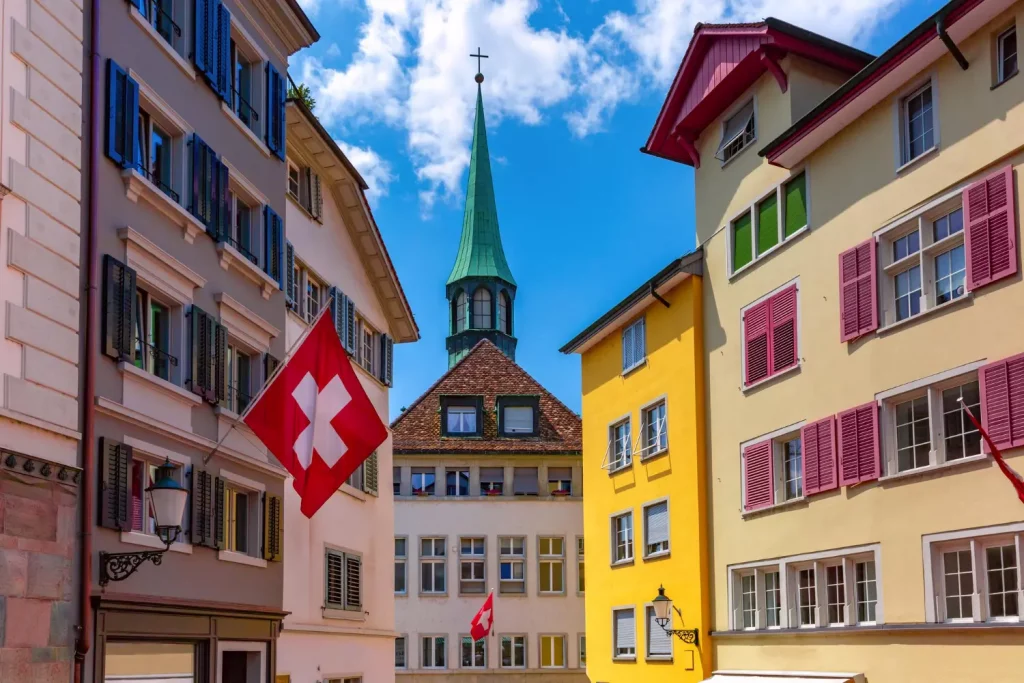
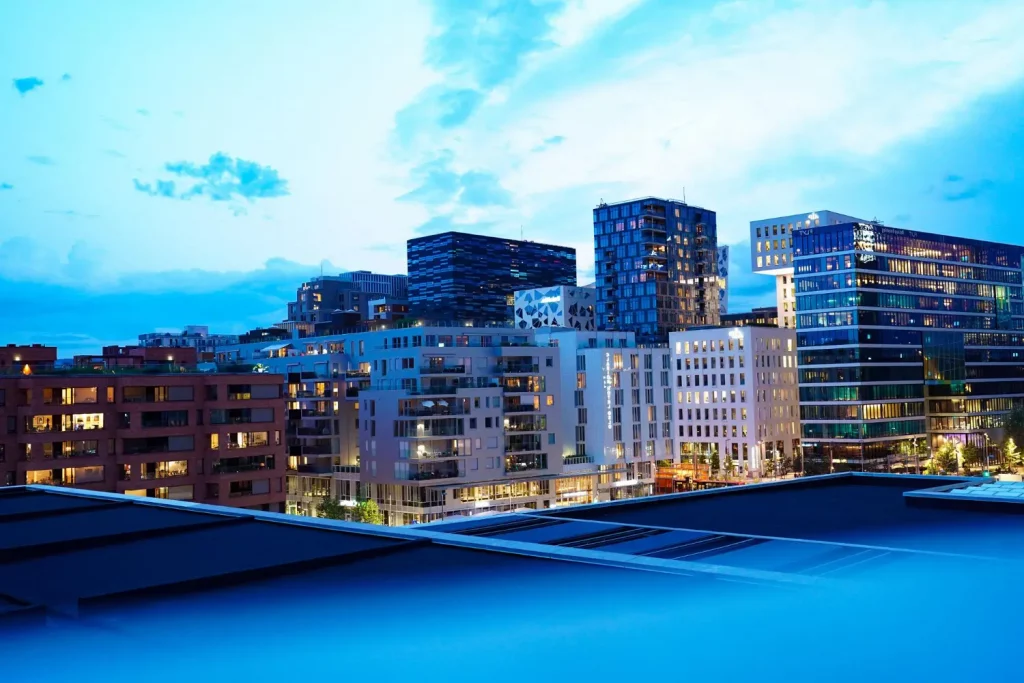
Smart city rankings and initiatives
Assessing and supporting cities as they work towards smarter solutions is crucial for their successful transition to intelligent and sustainable models. To this aim, many measures have been implemented to gather information and gauge public opinion of their cities.
The IMD Smart City Index was launched in 2019 to evaluate economic, technological and human-centric aspects of smart cities by collecting hard data and survey responses from their residents on how they perceive their city. The Smart City Index 2023 ranked Zurich, Oslo and Canberra the top 3 in the world.
The IESE Cities in Motion Index evaluates 183 cities in 92 countries based on nine criteria to determine the world’s smartest and most sustainable cities. The 2022 index ranked London in first place and revealed that Europe had the largest number of smart cities, especially in terms of enhancing quality of life for residents.
In 2020, the European Commission (EC) launched its first phase of the Intelligent Cities Challenge (ICC), a scheme supporting 136 European cities in their transition to greener and digital practices using cutting-edge technology. More than 100 cities successfully completed their ICC journey.
For the 2023-25 second edition of the challenge, the EC has selected 64 core cities from 17 EU countries to support in their transition, twelve of which are in Spain. The selected cities will benefit from two years of tailored guidance and mentorship, as well as capacity building tools to aid them in their development.

Smart Cities: shaping the future of tourism
The ICC includes 29 solutions targeting the tourism industry, including the development of digital infrastructures and alternative tourism models. Smart cities can have a significant impact on tourism by enhancing the overall experience for both visitors and residents, through:
- Improved Infrastructure and Connectivity: efficient transport, high-speed internet, and well-designed public spaces can make it easier for tourists to navigate the city, access information, and share their experiences, leading to a more positive and enjoyable trip.
- Enhanced Visitor Experience: smart cities use technologies like mobile apps, digital kiosks, and interactive maps to provide real-time information about attractions, events, dining options, and cultural activities, so that tourists can personalise their itineraries and make informed decisions.
- Sustainable Practices: adopting eco-friendly solutions such as renewable energy sources, waste management systems, and efficient water usage has a positive impact on a city’s reputation and attracts eco-conscious tourists.
- Safety and Security: improved safety measures using advanced surveillance and data analytics to monitor public spaces and detect and respond to emergencies, can boost tourists’ confidence in visiting a destination and create a more secure environment for exploring.
- Personalised Services: Through data analytics and AI, smart cities can offer tailored recommendations to tourists on activities, attractions and restaurants based on their preferences and interests.
- Efficient Transport: smart systems, such as real-time public transport information, ride-sharing services, and smart parking can reduce congestion and make it easier for tourists to explore a city.
- Cultural Engagement: smart cities can make use of technology to promote local culture and heritage. This can include digital museums, augmented reality experiences, and interactive exhibits that enhance tourists’ understanding and appreciation of a city’s history and traditions.
- Event Management: by leveraging innovations in technology, events such as music festivals and cultural celebrations can be more efficiently managed and can attract more tourists, resulting in increased revenue from tourism.
- Data-Driven Insights: collecting and analysing data on tourism patterns and visitor behaviour can help local authorities and businesses make informed decisions to improve tourism offerings and infrastructure.
- Marketing and Promotion: smart cities can use digital platforms and social media to create engaging and interactive online content to capture the interest of tourists and encourage them to visit.
Overall, the integration of technology and smart solutions in cities can enhance the tourism experience by providing convenience, safety, sustainability, and engagement, making the destination more appealing and attracting a broader range of visitors.
Experience Smart Luxury
Elevate your travel experience with Marbella Mountain Resorts – where smart technology meets sustainable luxury. Book your stay now to enjoy high-speed internet, stunning natural landscapes, and top-notch service.
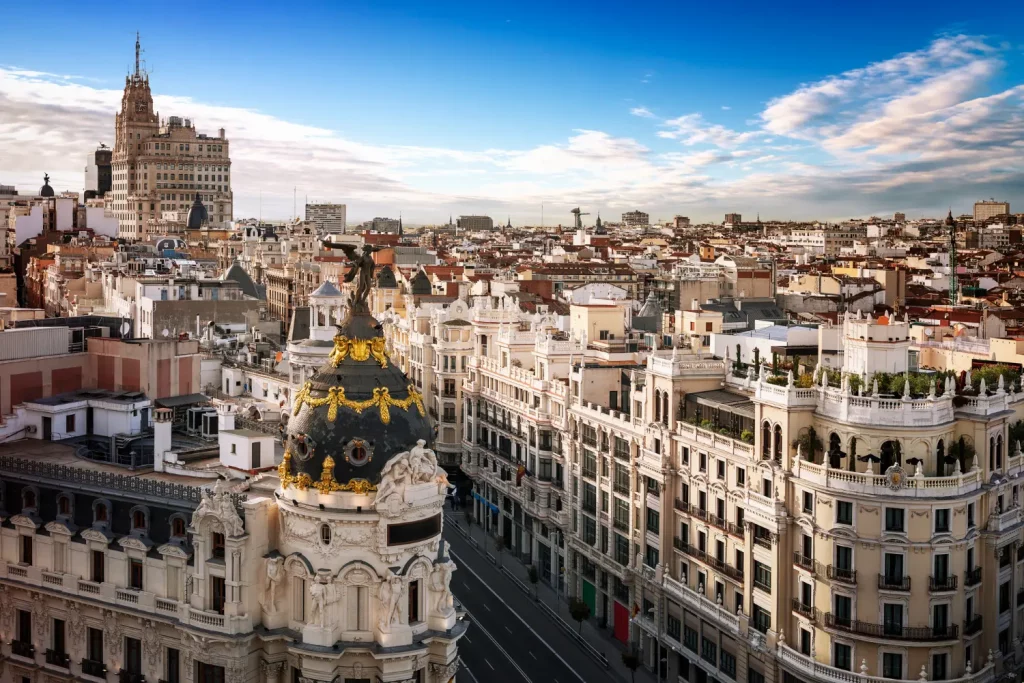
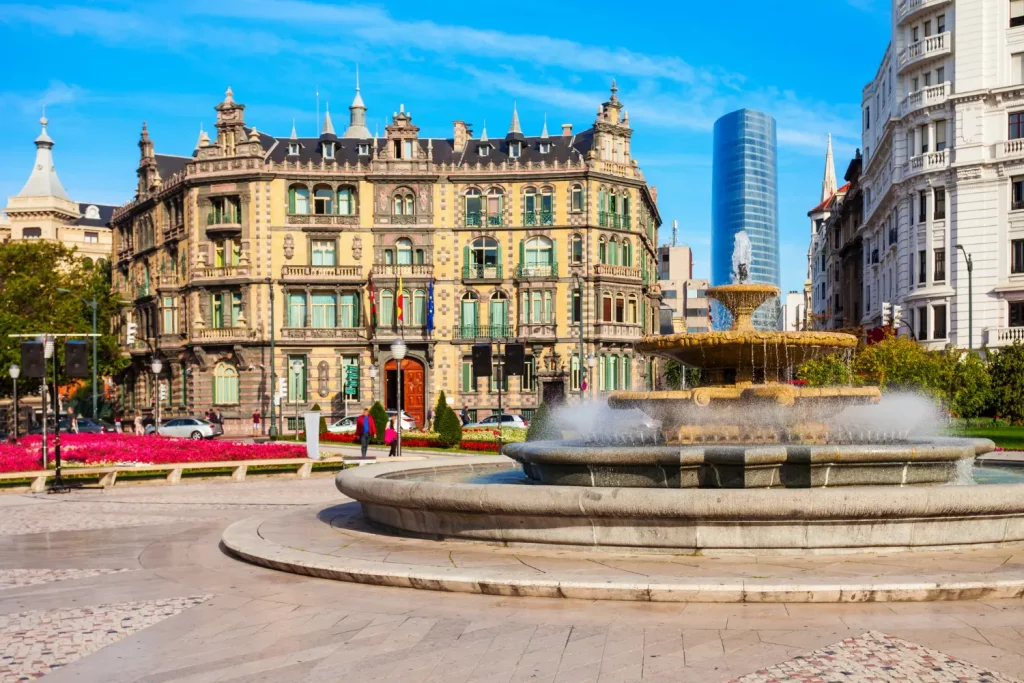
Closer to home: smart initiatives, rankings and events in Spain
In 2019, Spain presented its Sustainable Tourism Strategy, laying the foundations for a new model of sustainable tourism aligned with the UN 2030 Agenda Sustainable Development Goals (SDGs).
Spain is already leading the way in renewable energy initiatives and Madrid and Barcelona are ranked among the top 30 sustainable cities, according to the Sustainable Cities Index. Many other Spanish cities have already implemented various technologies and initiatives. These include smart parking systems, smart mobility efforts like promotion of electric vehicles and smart public transport solutions, smart street lighting, sensors for monitoring environmental factors, intelligent waste management, digital governance, energy efficiency and the use of data analytics to improve urban planning and services, such as intelligent lighting and irrigation systems.
Bilbao, Madrid, Zaragoza and Barcelona made the top 75 of the Smart City Index 2023. Spain has also fared well in the European Capital of Smart Tourism rankings, an award given by the EC for outstanding achievements in smart tourism in European cities. Valencia was awarded the accolade in 2022 and Seville won the 2023 European Capital of Smart Tourism, with Gijón and San Sebastián making the shortlist.
Many Spanish local and regional associations and online platforms are being established to exchange ideas and solve urban challenges. The Spanish Network of Smart Cities (Red Española de Ciudades Inteligentes, RECI), created in 2012 and today counting 140 member cities, is committed to sharing knowledge, collaborating to create new models of sustainable management, and improving quality of life for its citizens.
Spain is also the venue for several world-renowned events. Seville hosts the Tourism Innovation Summit, the largest international event dedicated to innovation in tourism. This yearly three-day congress provides a platform for sharing and collaborating and providing solutions to transform the tourism industry through innovation, technology and sustainability. The Smart City Expo World Congress – touted as one of the biggest and most important events on urban innovation – will be held in Barcelona in November 2023, bringing together top innovative companies, governments and organisations to showcase smart solutions to build the smart cities of the future.
Spain will also be the location for the first major smart sustainable city project in Europe planned and built from scratch in line with the UN SDGs. Elysium City will be one of the largest smart cities in the world, spread across more than 1,200 hectares in Castiblanco in southwest Spain, and served by its own high-speed train service. The project will be developed in two stages. Stage one work began in May 2023 and will include a five-star hotel, a theme park, an adventure water park, a marina and a 40,000-seat stadium, as well as construction of 2,000 homes for residents. Phase two will include five luxury hotels, a Formula 1 track, an equestrian centre and many more facilities for sports and nature activities.
Sustainability, efficiency and quality of life will be at the heart of every aspect of this ground-breaking residential and tourist destination in Europe, from its design and construction to all its operations. Residents and tourists will benefit from free high-speed internet, smart solar-powered streets, smart street and park furniture with charging ports, information panels and built-in emergency alarms. Smart kiosks will provide information on services and amenities, such as interactive maps, real-time weather and traffic announcements, parking availability, public safety services, and platforms which can be used to communicate with local authorities.
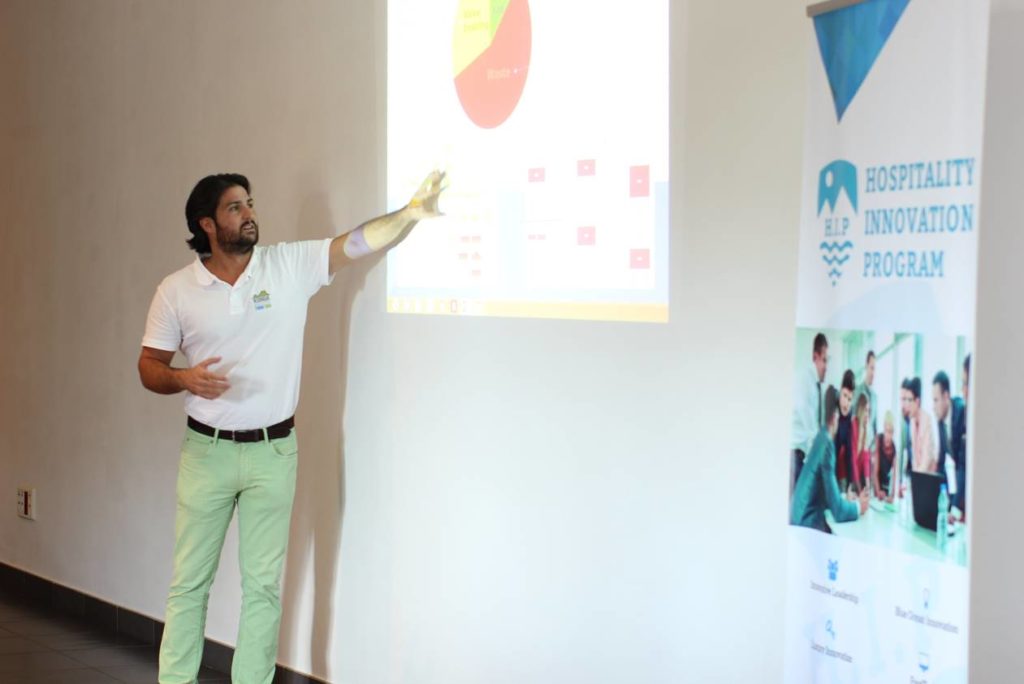
Marbella: Smart Tourist Destination
Marbella is continuing to honour its title of Smart Tourist Destination, awarded by the Institute of Spanish Tourism Quality (ICTE) as part of the State Department of Tourism’s (SEGITTUR) Smart Destinations Project. The city is committed to advancing in areas of innovation and sustainability, with initiatives aimed at digital transformation, social and environmental innovation, energy efficiency and universal accessibility.
As part of the Digital Spain Agenda 25, in 2022 Marbella announced its successful roll-out of 5G technology throughout the municipality, enabling remote working and IoT-based project development. To date, the city has invested 18 million euros in urban development and innovation, including e-governance, surveillance and traffic management systems, energy use optimisation in municipal buildings, heritage conservation and revitalisation, and development of cultural and creative enterprise. Marbella’s implementation of state-of-the-art video surveillance technology has seen a total of 133 cameras installed in the first two phases, nine of which are equipped with automatic number plate recognition (ANPR). Cameras and sensors have been placed in areas with the highest population and visitor density, with the objective of reinforcing public safety and improving response to traffic incidents and congestion.
Marbella Mountain Resorts: getting smarter
As one of the highest-rated luxury holiday brands in Marbella, we are working towards leveraging technology and data to create more efficient and sustainable working practices.
Luis Ponce, CEO Founder of Marbella Mountain Resorts, stresses the importance of monitoring and analyzing information and data to effectively respond to the needs of citizens and tourists.
By actively using social networks to take the pulse of a city’s true “customers” – its citizens, entrepreneurs and tourists – we can gauge their needs and expectations. For Luis, making use of big data is what makes a smart luxury destination.
Unlock the Future of Hospitality
Join us at Marbella Mountain Resorts and experience the future of hospitality. Immerse yourself in a world of data-driven excellence, where every detail is tailored to your desires. Your smart luxury escape awaits!

 Español
Español Chino simplificado
Chino simplificado Ruso
Ruso Inglés
Inglés